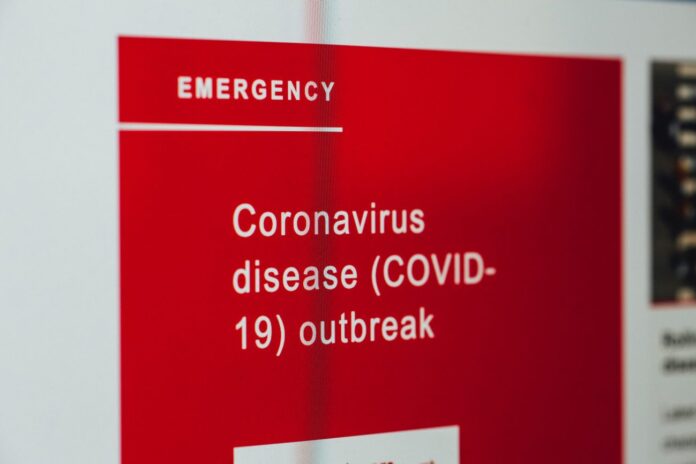Testing for COVID-19 at Rio Grande Valley nursing homes will begin this Sunday in accordance with a mandate by Gov. Greg Abbott to test residents and employees of nursing homes statewide.
The testing here will begin in Harlingen and in Starr County, according to Dr. Elizabeth Cuevas, the Region 11 Health Emergency Preparedness and Response manager for the Department of State Health Services.
“We have a schedule to test the remaining nursing homes in our region in the next week and a half,” Cuevas said and noted that DSHS is working with the Texas Division of Emergency Management and the Texas Military Department to administer those tests.
“Many nursing homes are electing to test themselves and that’s a very appreciated effort,” she added. “We appreciate them taking the governor’s mandate seriously and we’re happy to help support the other nursing homes to get testing completed as soon as possible.”
Cuevas announced the commencement of testing at Valley nursing homes during a weekly telephone news conference Friday morning during which health officials announced the latest COVID-19 statistics for Region 11.
Region 11 encompasses the 19 counties in South Texas from north of Corpus Christi to Laredo and down to Brownsville.
As of Friday morning, there were a total of 2,034 confirmed cases of COVID-19 in the region and and a total of 65 deaths.
That included 671 cases in Cameron County, 472 cases in Hidalgo County, 22 in Starr County and 14 in Willacy County, according to Alberto Perez, incident commander for DSHS.
In the Rio Grande Valley alone, Perez reported a total hospital patient census of 1,945 and 53 cases of COVID-19 in hospitals.
Within the previous 24 hours, Perez said there were a total of 89 COVID-19 cases presenting to emergency rooms and six admitted into an intensive care unit.
“Right now, Region 11 has been doing fairly well with our cases,” said Dr. Emilie Prot, the regional medical director for Region 11.
Prot said that, although there have been increases in cases in the area, there still hasn’t been a large number of COVID-19 hospitalizations.
“So we will continue to see large increases in cases, we just do not want to see the mortality… or the amount of cases as we’re seeing in other countries (like) in Brazil or Latin America,” Prot said.
Earlier this week, Abbott announced that DSHS would be distributing a case each of remdesivir, an antiviral drug meant to reduce the duration of severe symptoms of the coronavirus disease, to four Rio Grande Valley hospitals.
One of those hospitals is in Cameron County while the remaining three are in Hidalgo County.
Each case contains multiple vials of the antiviral that are delivered to patients intravenously.
Prot explained remdesivir has been shown to shorten the course of severe symptoms.
“It’s almost exactly like Tamiflu where you have a flu virus and you take Tamiflu,” she said. “When you take it within the first 72 hours, it will shorten the course of your symptoms so here it’s the same thing that they’ve noticed with remdesivir and that’s why it received the approval from the (U.S. Food and Drug Administration).”
A study showed that remdesivir shortened the course of severe symptoms from 14 to 15 days to about 10 days, she said, stressing the drug was not a cure for the disease.
“As this weekend is a long weekend for a lot of people and a time when people want to get together, I still caution everyone, there’s still no treatment and there’s still no vaccine,” Prot said, speaking on the eve of Memorial Day weekend.
She urged the public to be smart by continuing to take precautions such as physical distancing, washing their hands, using masks in areas where people cannot practice social distancing, and being very careful to not meet with people from different households.
“We need to continue leading the way in our prevention and education,” she said.





